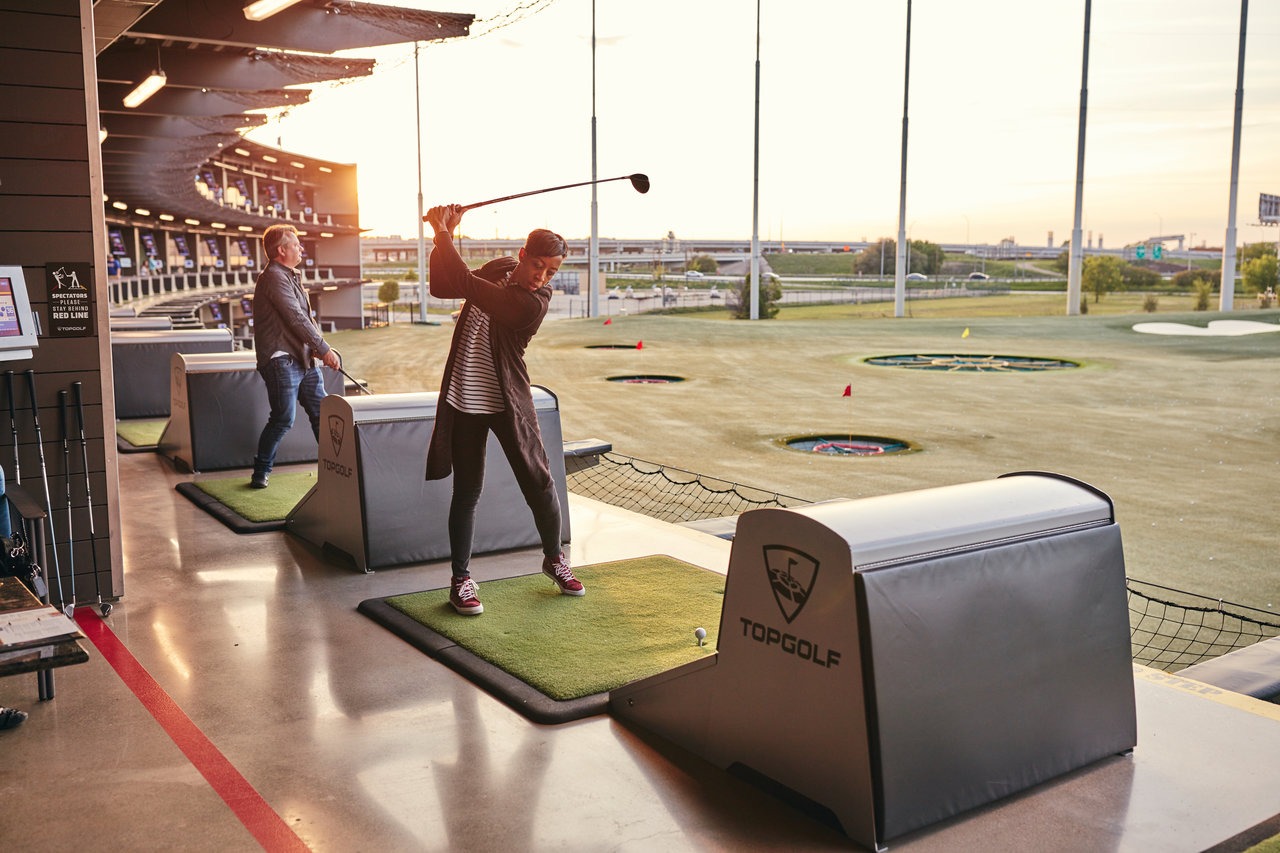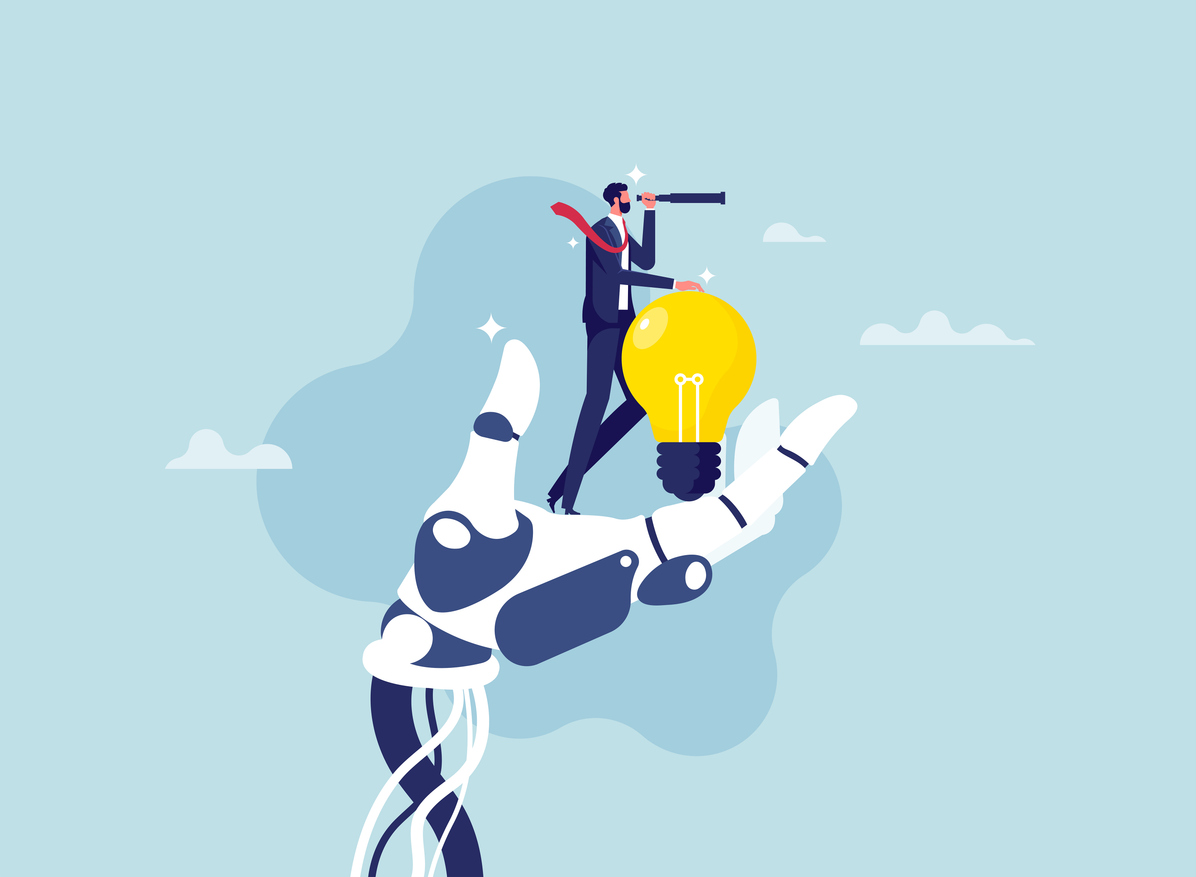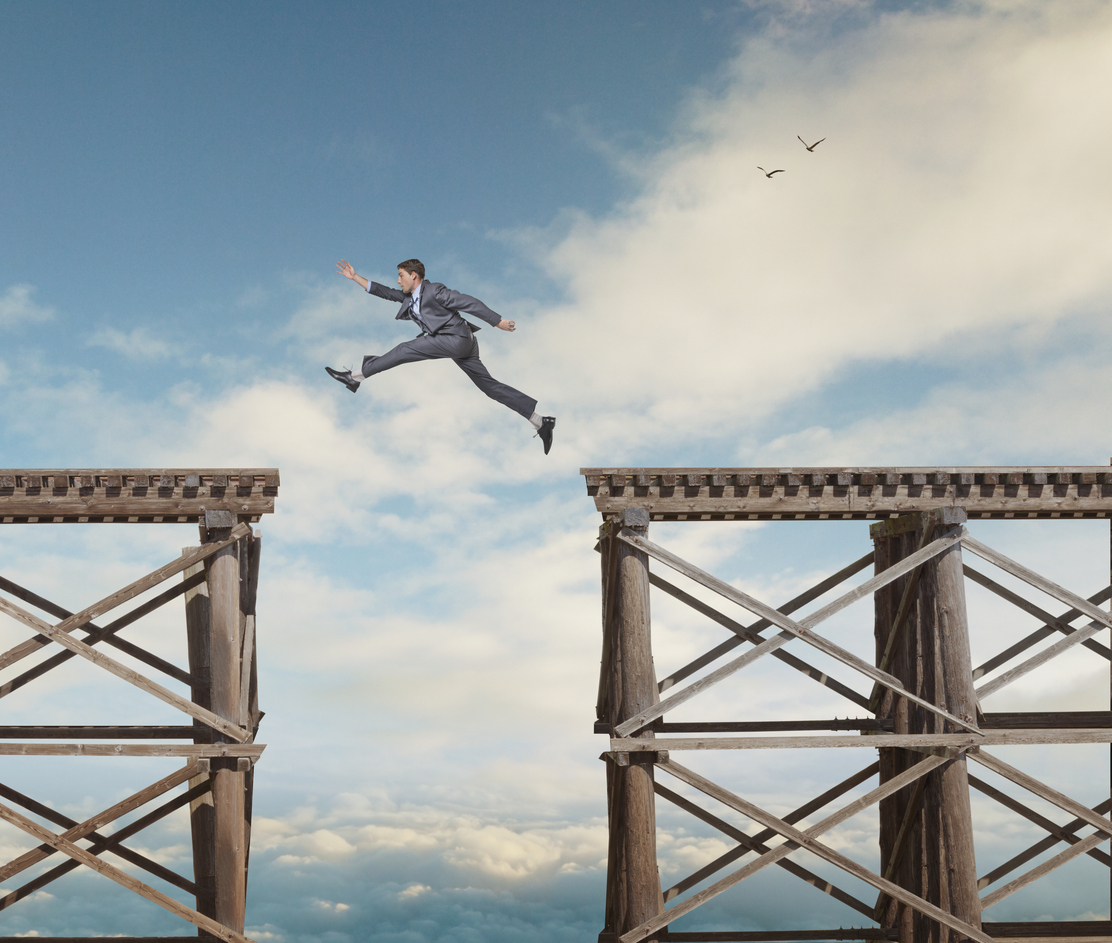
I’m a big sports fan, so I know that any athlete worth his or her salt learns from failure. The football coach who lost the game when the team couldn’t convert on 4th and 1…A baseball player who goes 0/3 because he is rolling his hands and grounds out three times…The golfer who hits the ball in the rough because of a slice. The list goes on and on. They focus on the skill that’s not up to par and they fix it, to avoid future losses.
It isn’t only athletes who learn from failure, of course. It’s common in our work lives too.
Project lookbacks and hot-washes are common when things go wrong. We typically focus on identifying why we didn’t get the outcome we wanted. We talk about and document lessons learned so we can be better next time. We consider failure such a rich learning experience, we even build training around it.
The reality is that the line between success and failure—between good and bad outcomes—is sometimes very small. And when we get the outcome we want—in athletics or in business—few of us examine the experience.
Does the baseball player who goes 2/2 at the plate with a walk and two ground ball singles between 3rd base and shortstop analyze his swing after the game? Probably not. The player goes home feeling good and relishes the outcome. What about the football coach who won the game when his team narrowly converted on the short yard situation? What about the salesperson who exceeded her quota on the back of a large deal in the final month of the quarter?
Most people feel good about situations like this and chalk the positive outcome up to their skill.
We can all see that this logic is flawed. Each of these situations could have very easily turned out differently. Why don’t we do anything about it? Why don’t we learn from our successes?
Annie Duke, the poker champion, writes about this in her book: Thinking in Bets. It’s called self-serving bias. People naturally attribute positive outcomes to their own skill. That means a positive outcome requires no action. On the flip side, people label the positive outcomes of others as good luck.
Think about it—have you ever said, “He was so lucky: the deal practically fell in his lap.” But how many of us have said that about ourselves? According to science: not many. We examine ourselves only when we fail.
So what should we do to guard against self-serving and overconfidence bias? Here are a few tips:
- Acknowledge it. It’s real. We’ve all been guilty of it at times.
- Reflect. Challenge yourself and others to think critically about what happened and what could have changed the outcome, whether it was positive or negative. What was the tipping point? Then work backwards to discover what actions led to the result.
- Identify and practice key behaviors. Think about the leading indicators. Based on our reflection, what are the behaviors that give us the highest probability of success? Build a plan to practice these behaviors.
Learning from success takes discipline, but it doesn’t have to be a heavy lift. Check your ego at the door, and be honest with yourself and your team. Great athletes learn from success and failure. Great businesses do the same.




